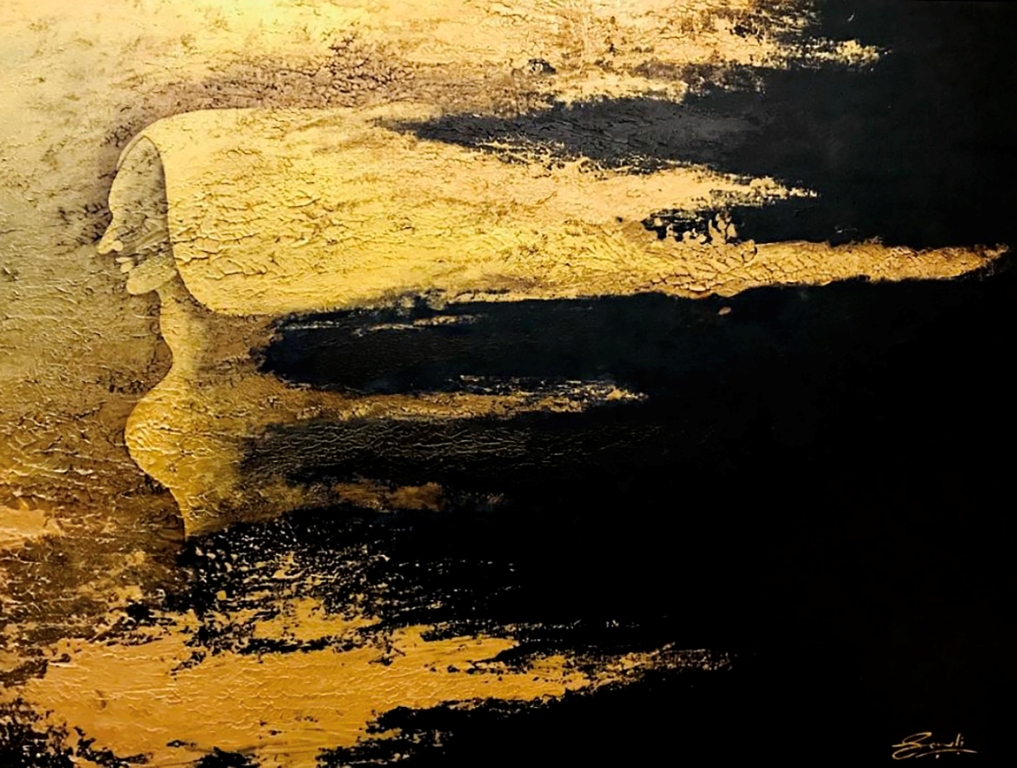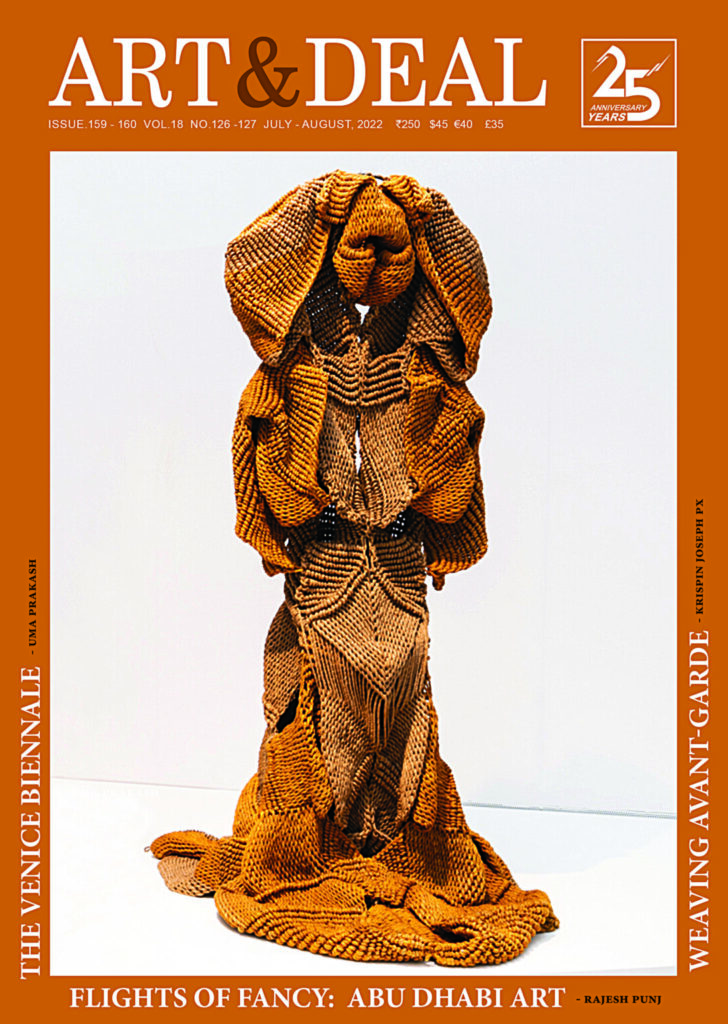Keshav Malik
P.Raja
Poetry creates itself with every word added to it, re-defining its identity in the process. The genius of words, Padmashree Keshav Malik, spoke about his inspiration, his poetry and his take on poetry writing to P.Raja.
P.Raja: Why did you choose to express yourself in English, when it is not your mother tongue?
Keshav Malik: It so happens that even my mother who is a writer does not write in her mother tongue – Punjabi. She writes in Hindi. Moreover my father did his work not in Punjabi but in Urdu
& in English. He also knew Persian. Such was the linguistic situation in the family. Then also my childhood was spent in non Punjabi speaking regions like Bombay, Meerut, Calcutta, and Srinagar – all with a wide variety of schools. No wonder English became the only stable working medium. This is no self justification; it is merely to say how we are formed by random circumstances.
P.R: What is the impulse behind your poetry writing?
KM: To get to the truth between the lines. To state the unstated – that which is lurking behind appearances.
P.R: Who are your early influences? Did you learn anything from the earlymasters of Indo-Anglian verse?
KM: I really don’t know what these influences were. I can’t say who really influenced my work, I can only tell what I liked then & whom I knew. Walter de la Mare meant something. The Russians who my mother read avidly meant something hugely. Shakespeare’s ‘The Tempest’ and ‘The Winter’s Tale’, but of course. Then there was the British poet of the thirties. Tagore. But important cultural impressions could be the Hindi Urdu, & Kashmiri poets & writers who were guests or visitors at home often. Hazari Prasad Dwivedi, S.H.Vatsyayan, Bachchan, Ashok, Faiz Ahmad Faiz, Krishan Chander, Jainendra Kumar, Mahjoor, Azad, Banarsidas Chaturvedi. No sign here of Indo-English poets, rather of the novelists like Narayan.
P.R: Do you out line your poems before you start to write them? Or is it a line by line progression?
KM: It could be line by lineprogression, but may as well as be cutting of a whole world out of a rock of words, like a sculpture scoops out of a stone. Addition or subtraction. A construction – by adding one piece to another.
P.R: Poet Mayakovsky & another classical French poet compared the writing of a poem to the pangs of childbirth? Do you disagree?
KM: Pangs of childbirth! Yes, could be but it could be also that the whole thing is a spiritual exercise, in which you strive to keep intact the personality in you which contemplates silently, observes or reflects. You then don’t want any other personality (there could be several in you) to take over, make you some other being. However of this happening there is always a chance. At-least I, Keshav Malik,- can at any moment turn into someone who does not have the inner being which makes poems. It is not easy to stay still in the substance of experience. Yes, why not become an actor, be a social being, a sage, a thinker! The poem takes birth if one has maintained the hinted as always disappearing, evaporating self. Ofcourse even then there could be the pain of giving birth.
P.R: “Poetry is certainly born of disturbances in the routine of things.” I remember to have read your remarks somewhere. Have all your poems usually been drawn from situations you were in?
KM: No, I did not mean disturbances on the street. It is rather like dropping a stone in the pool of the mind & concentric circles that come. Not necessarily outward situations disturb; even though if you may see the picture of a man being bayoneted in cold blood & if you are fully yourself, the poem is bound to come. Your total being is shaken up to its roots; how are you to cope with a stark impression? You can only assuage your revolted or troubled self by commuting between the ideal & actual poles. You must come to terms with the world material no matter how obliquely. This way alone the plasma of truth be kept alive.


